20 years ago, when the “three farmers” resolution was issued, a “revolution” of land consolidation and plot exchange took place in the fields of agricultural production localities, shifting agricultural production from fragmented to large-scale, commodity production. Resolution No. 26-NQ/TW (10th tenure) and now Resolution No. 19-NQ/TW (13th tenure) have brought about great results.
The concept of agricultural economics appeared to replace agricultural production. Currently, farmers across the country know how to promote natural advantages, build value chains between farmers, businesses, and markets to stand firm against uncertainties and risks from weather, markets, etc.
Vietnam has become one of the leading rice exporting countries. Many agricultural, fishery and forestry products have contributed greatly, bringing Vietnam into the group of 20 leading economies in international trade. Vietnam is striving to achieve the target of exporting 100 billion USD of agricultural, forestry and fishery products in the coming years.
At the end of 2024, when chairing a dialogue with farmers with the theme "Arousing the aspiration to get rich to develop a prosperous and happy country; confidently entering a new era", Prime Minister Pham Minh Chinh requested to continue reviewing and perfecting mechanisms and policies so that the goal of developing ecological agriculture, modern countryside, and civilized farmers can accelerate and make more breakthroughs.
Faced with strict requirements of the export market, many issues are being raised. For example, from the beginning of 2025, Vietnamese agricultural products will face more difficulties when exporting to a number of countries and regions around the world, because new food safety regulations reduce maximum residue levels. The list of affected products includes many important agricultural products such as coffee, pepper, rice, durian, banana, mango and vegetables such as onions, garlic and chili. In this situation, we must amend regulations on declaring product quality and conformity according to the principle of post-inspection; reduce administrative procedures in the import and export of agricultural products; and harmonize and recognize international regulations and standards.
To develop sustainable Vietnamese agriculture, we must build an agricultural ecosystem; at the same time, we must have an ecosystem of other industries developing together. To develop this ecosystem, there are many things to do such as land accumulation; applying science and technology, improving labor productivity; building plans towards large-scale production, goods, mechanisms, policies, infrastructure development, etc. In particular, digital transformation and green transformation are also issues that Vietnamese agriculture needs to pay special attention to.
Source: https://baophapluat.vn/de-nen-nong-nghiep-phat-trien-ben-vung-post543845.html



![[Photo] Unique folk games at Chuong Village Festival](https://vstatic.vietnam.vn/vietnam/resource/IMAGE/2025/4/10/cff805a06fdd443b9474c017f98075a4)
![[Photo] Phuc Tho mulberry season – Sweet fruit from green agriculture](https://vstatic.vietnam.vn/vietnam/resource/IMAGE/2025/4/10/1710a51d63c84a5a92de1b9b4caaf3e5)


![[Photo] Prime Minister Pham Minh Chinh chairs meeting to discuss tax solutions for Vietnam's import and export goods](https://vstatic.vietnam.vn/vietnam/resource/IMAGE/2025/4/10/19b9ed81ca2940b79fb8a0b9ccef539a)
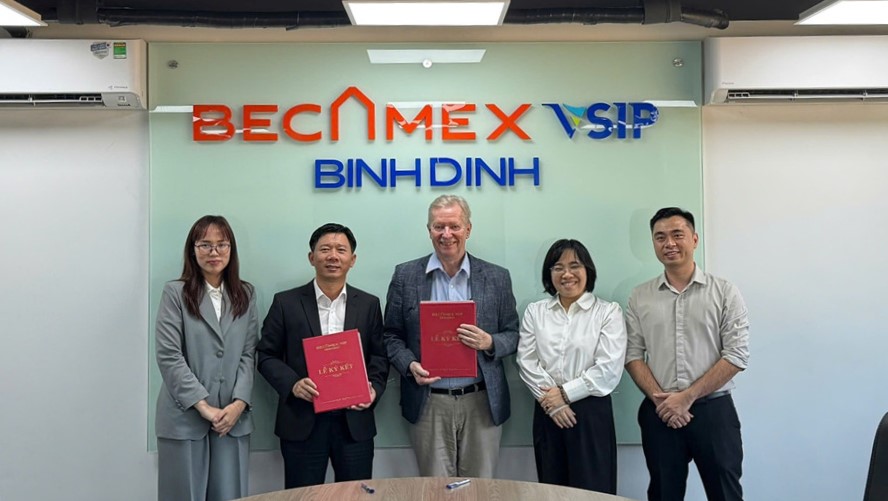
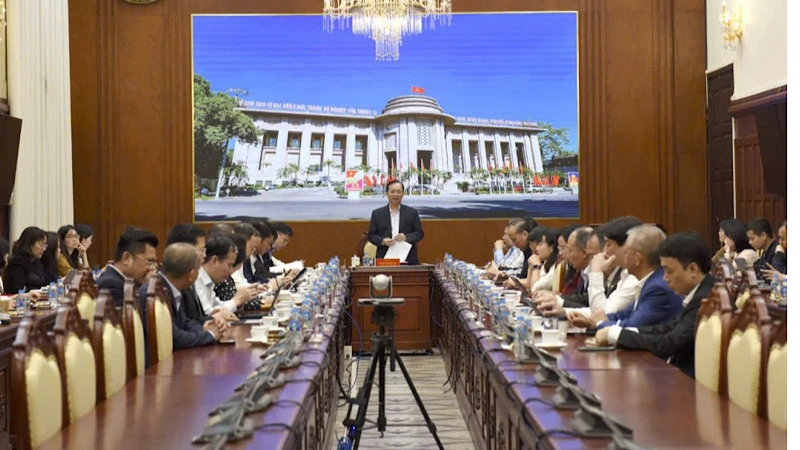

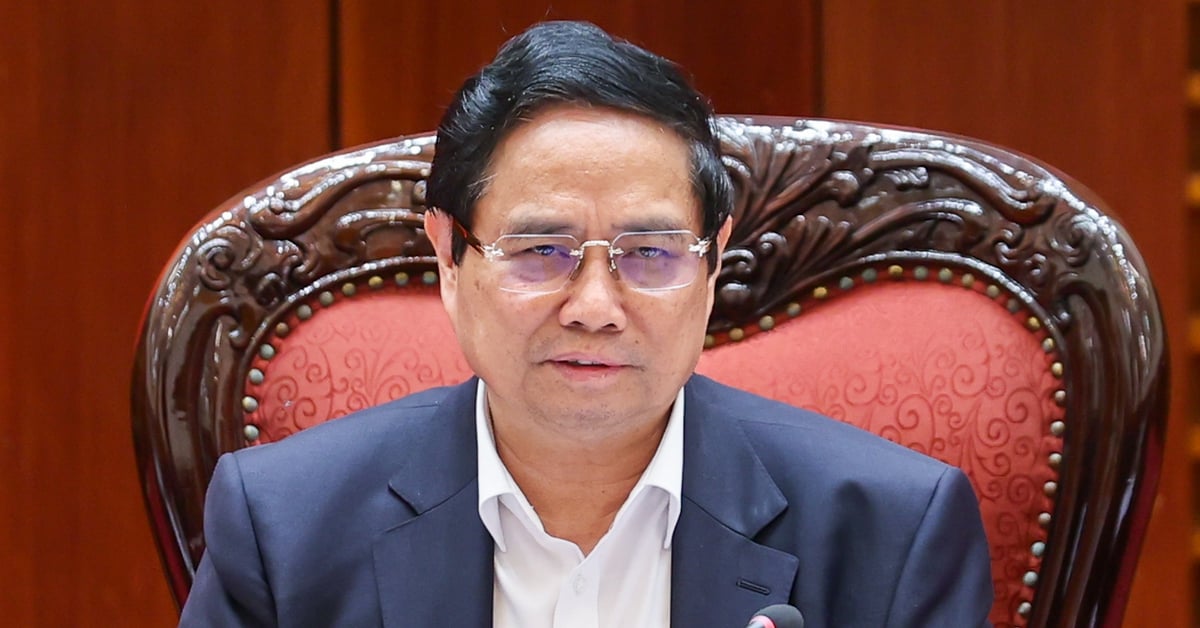

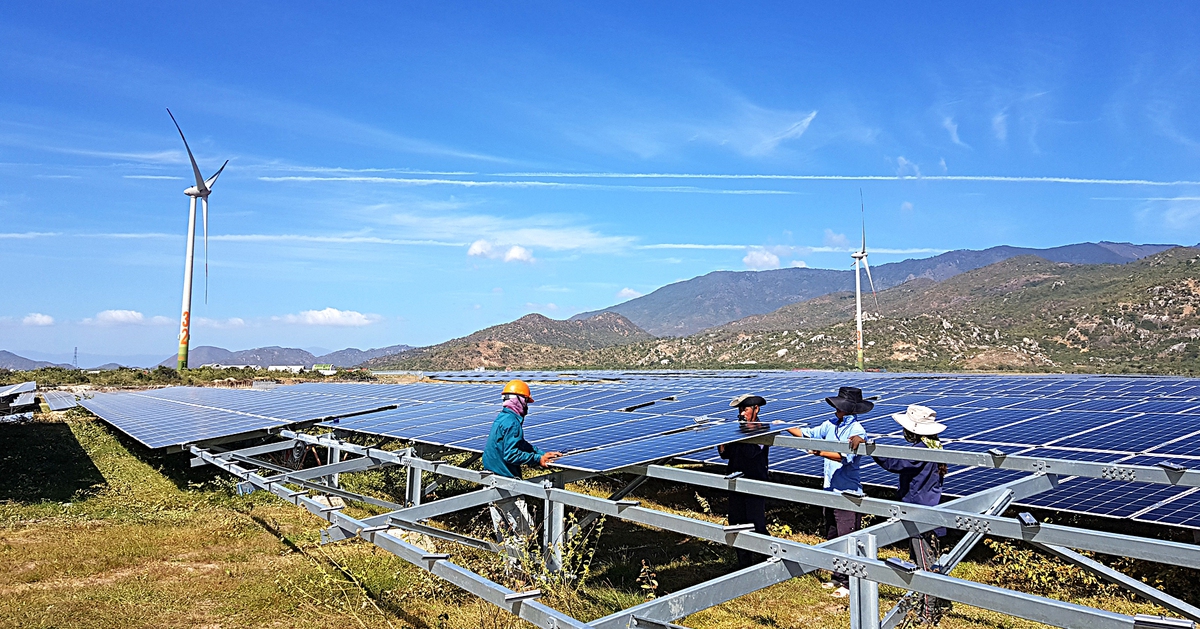





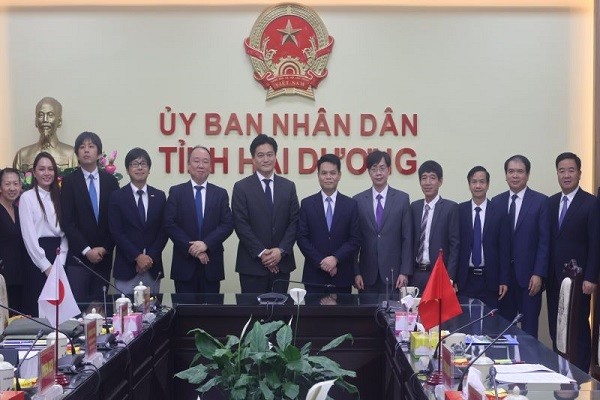
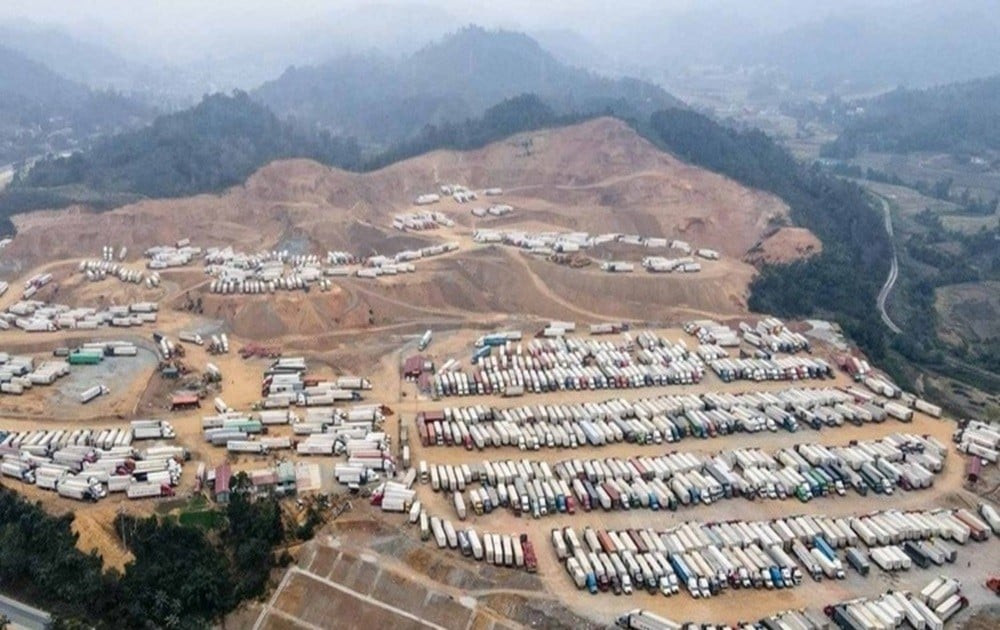

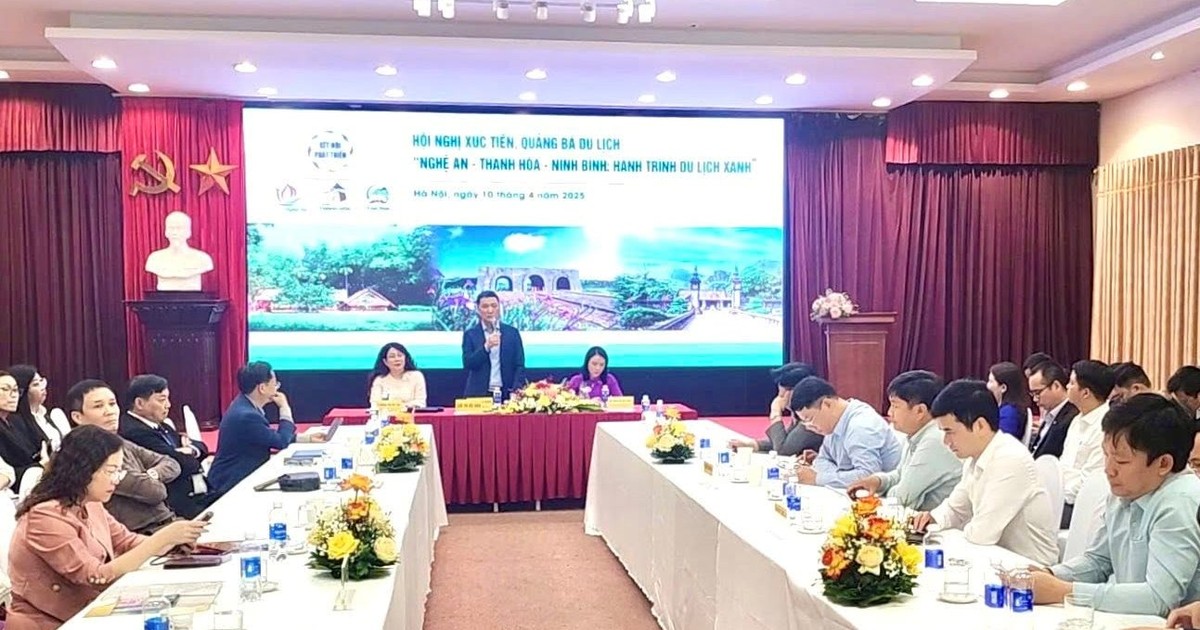
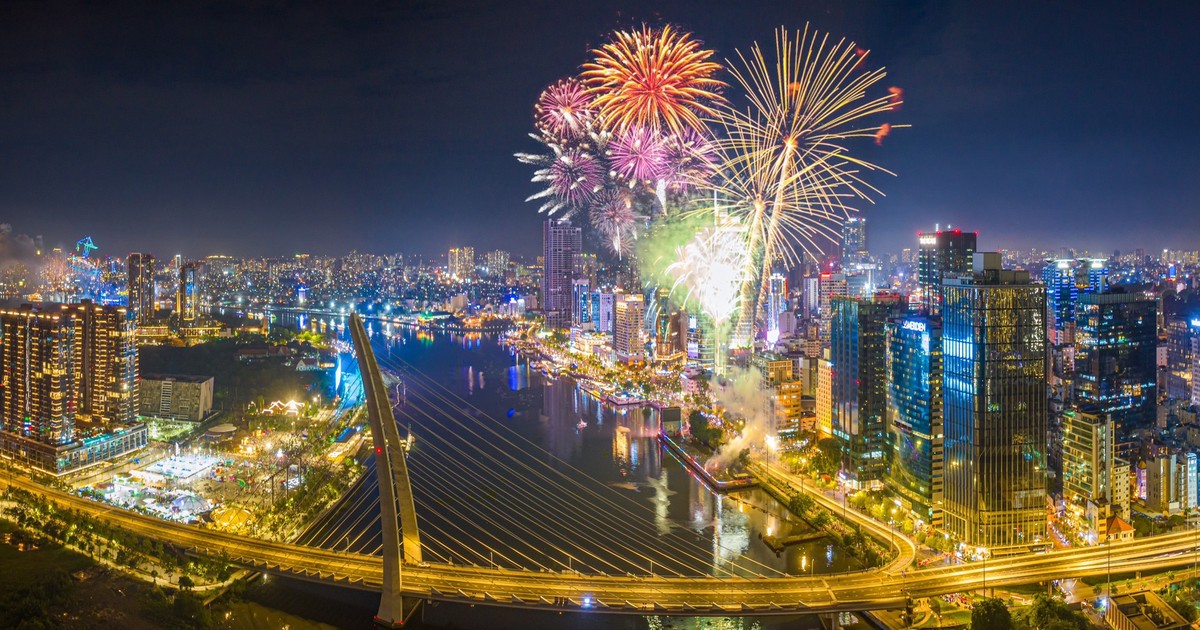

















































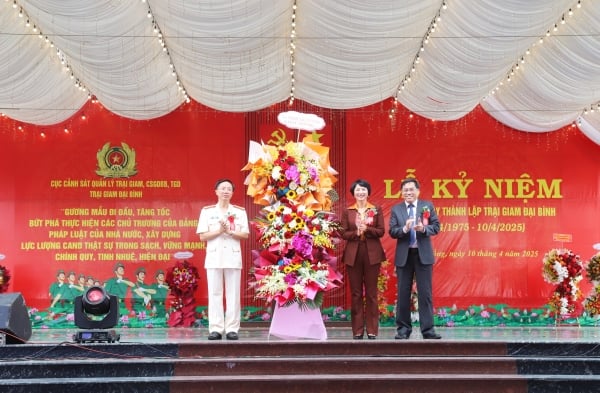



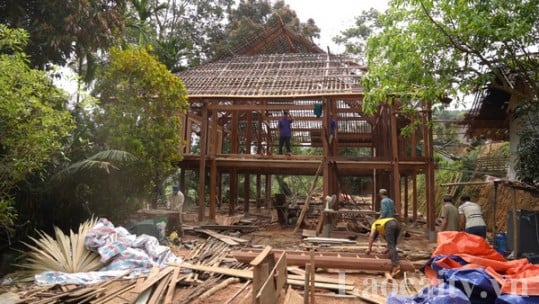
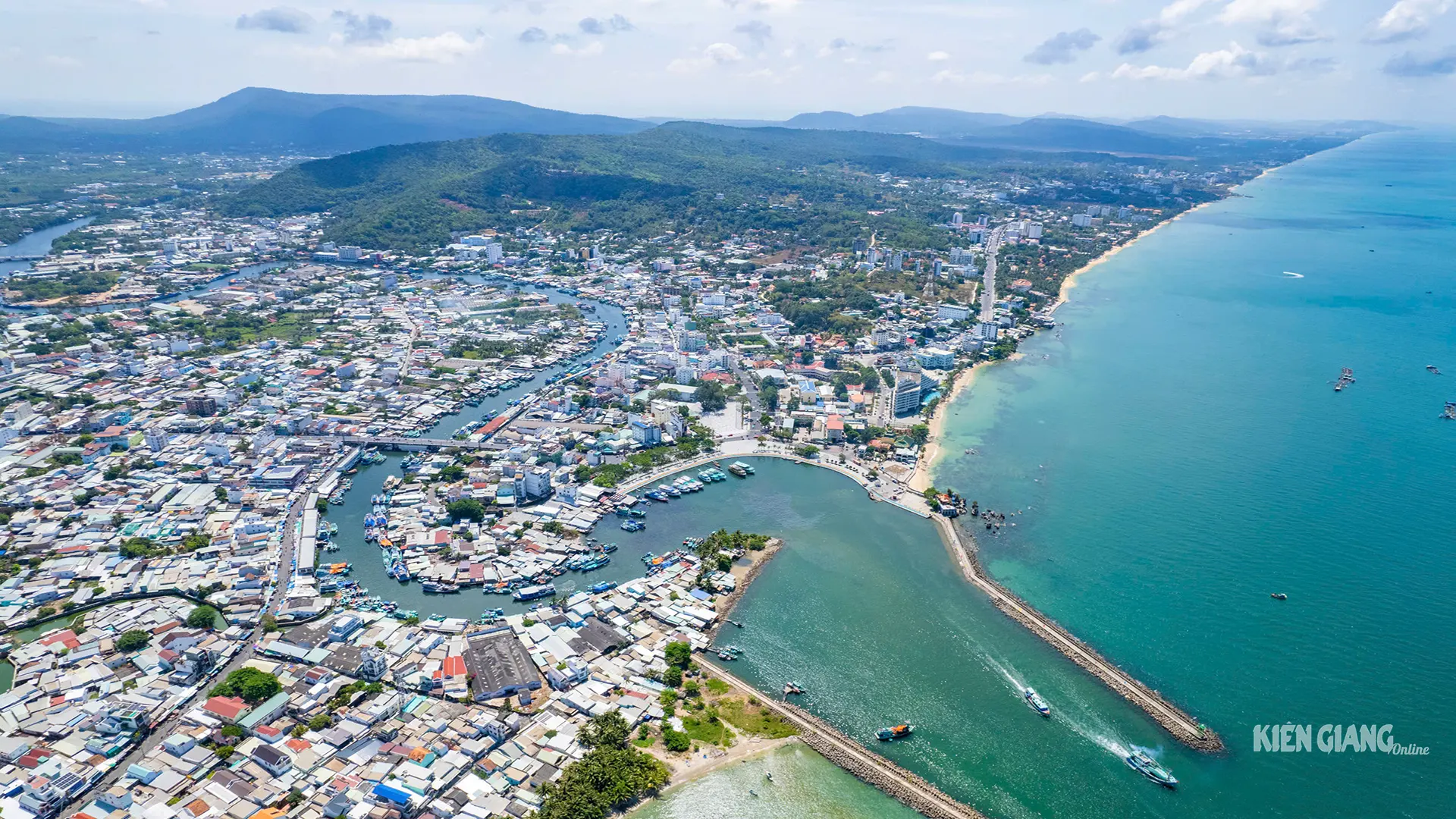









Comment (0)